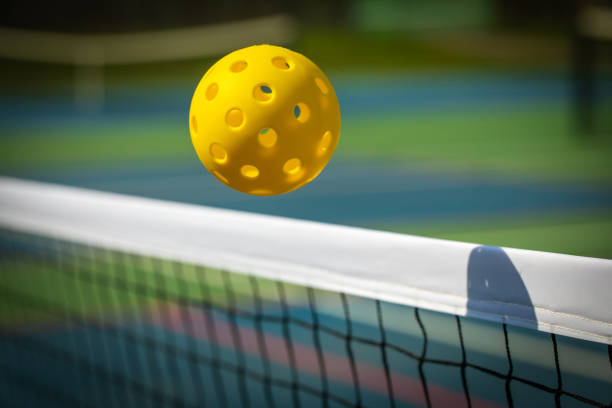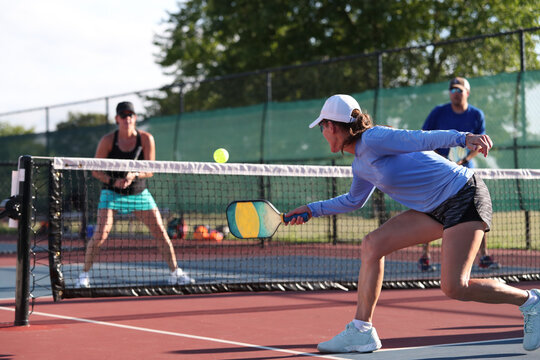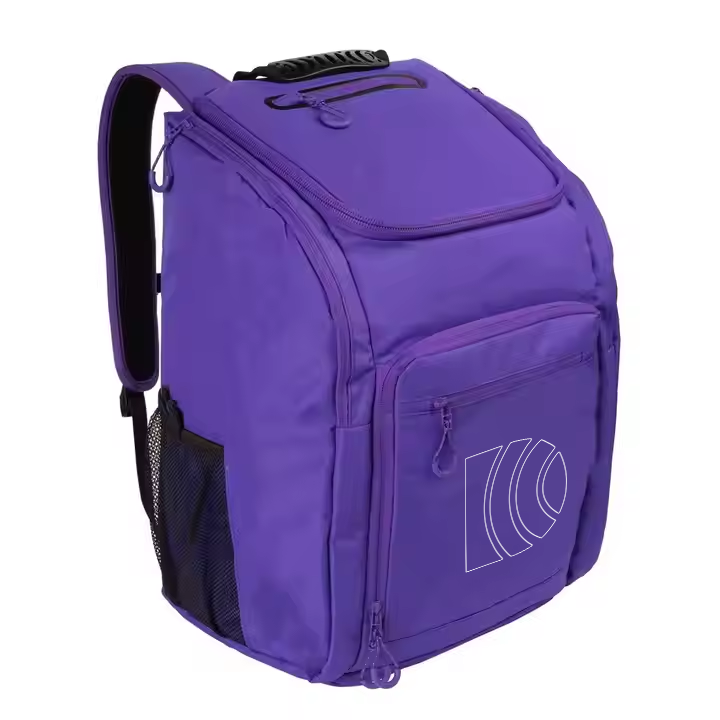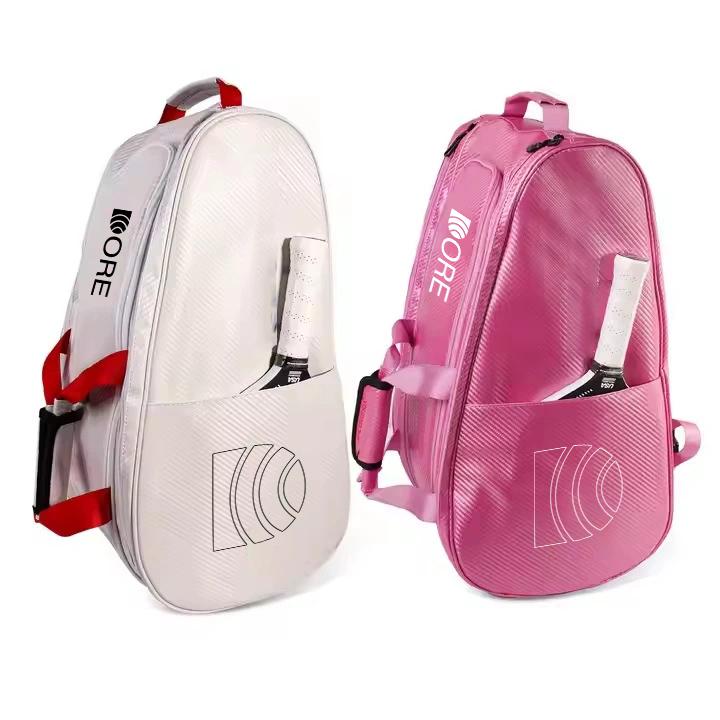Challenges in Vietnam’s Rise
Despite its advantages, Vietnam is not without challenges. Compared to China, Vietnamese pickleball paddle manufacturers are newer to the industry and may face limitations in production scale, advanced R&D, and raw material supply chains. Much of the high-end composite materials, including carbon fiber and Kevlar, are still imported from China, Japan, or South Korea.
However, this creates opportunities for partnerships. Chinese and American manufacturers are increasingly forming joint ventures in Vietnam, combining China’s advanced paddle-making expertise with Vietnam’s favorable trade positioning.










